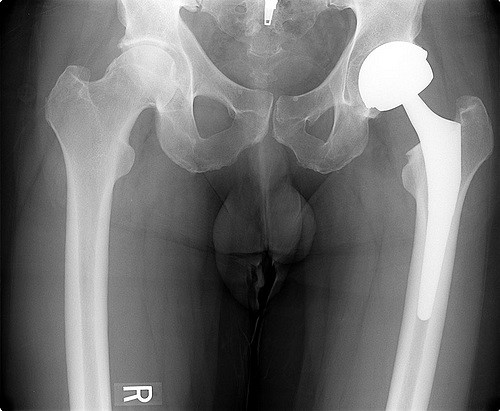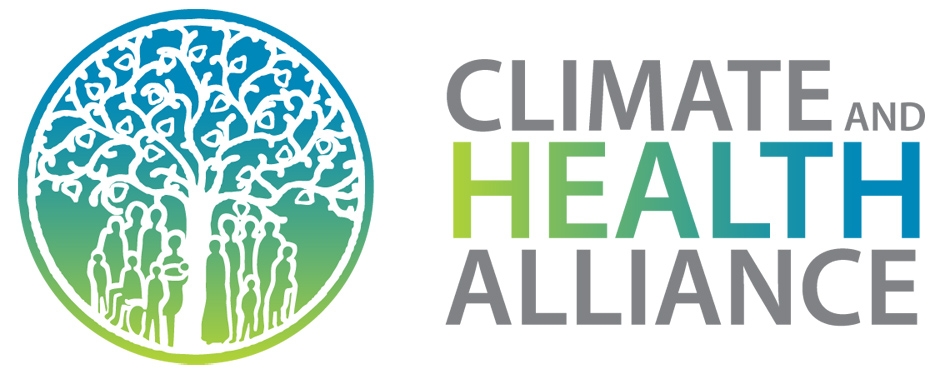Le Carre’s The Constant Gardener, which explores an unethical drug trial in Africa, has resonance with recent news of a questionable drug trial conducted during a 1996 meningitis epidemic in Nigeria. An expert report written five years, but not made public, asserts that a drug was tested on children without authorisation. The action is set in a field hospital in the city of Kano where the drug was given to nearly 100 sick children and infants. Some died. No records could be found of the parents and children being openly informed that they were receiving an experimental drug. The report suggests that an approval for the study from an ethics committee was a forgery.

Thanks to Peter Nicholson. |
Australia has over 200 human research ethics committees — HRECs — that protect the interest of patients who participate in medical research. Confidentiality, informed consent, privacy and security in case of experimental misadventure are among the things that HRECs consider when a research proposal comes before them. Each committee contains volunteer clergy, lay persons, lawyers and medical research workers, and meets for about four hours or more a month to review protocols for human medical research. The best way to think of a HREC is of it being a variant of a jury: it is not comprised solely of experts in medical research but of people with an understanding of the life and times of subjects who will participate in research. Because ethical sensitivities derive partly from local communities (for example, their ethnic composition), each university and major hospital has had such a committee. Research funding agencies do not give grants for research that is not cleared by a HREC.
But now there is a widespread disapproval of HRECs. Research workers bridle at their interference, perceived delay, and idiosyncratic decision making processes. Many of the irritations relate to the perception that HRECs focus on trivia — whether the consent form that research participants are asked to sign is on the correct stationery — that has nothing whatever to do with ethics. Research workers occasionally assert that ethics committees are delaying the introduction of life-saving drugs and devices. Destabilizing pressures are coming from three main sources, placing ethics and the function of HRECs at great risk.
First, the contemporary ethical challenges of medical science — stem cell research, confidentiality, genetic privacy, consent, intellectual property rights, commercial-in-confidence, and conflict of interest — are often matters that carry such a heavy freight of technical complexity that they are poorly served by the philosophical reflection of detached ethical reasoning alone. They are not amenable to debate by non-experts on human research ethics committees (HRECs) largely because of the way that we present them. As one member of my HREC asked me recently, Do you think this is all becoming so technical that only experts will be able to work on this committee soon?
Second, the oversight of the administrative and managerial context of research, which has often fallen to HRECs by default, has been complicated by regulatory requirements and complex rules of standard practice. It has become so heavily bureaucratic that compliance with it displaces reflection on the human impact and meaning of research. This bleeds ethical consideration of meaning and replaces it with obsessive fussing over bureaucratic detail.
In Australia, the National Health and Medical Research Council (NHMRC), the Australian Research Council and Australian Vice-Chancellors’ Committee have collaborated recently to produce The Australian code for the responsible conduct of research, a revision of the joint NHMRC/AVCC statement and guidelines on research practice (1997). It was issued for its second round of public consultation in February 2006. One might hope that it would perceive and relieve these difficulties. Regrettably, it does not.
As the name of the document implies, and as the table of contents confirms, ‘responsibility’ is the key word [it appears 20 times in the table of contents alone]. It concerns itself with improved management practices and ‘provides guidance and the framework’ by which to achieve ‘responsible research practice.’ The document expounds the meaning of responsibility in research in relation to managerial matters concerning data, supervision of students, publication, authorship, peer review, conflicts of interest, collaboration, and the prevention, detection and resolution of research misconduct.
But, ‘responsibility’ is a slippery word: it implies that one will act in wise parental mode, but explicitly it indicates where the buck stops and little more. One can be responsible for ethically and legally good, bad or neutral things. The assumption on which The Australian code is built is that ‘good’ research conduct arises from a research culture ‘of respect for the truth and for those involved in the research process.’ Is this adequate guidance for research workers and institutions as to what is mean by ‘ethical practice’?
Third, this regulatory and bureaucratic environment for research, and the fact that ethics committees end up embroiled in it, can have perverse effects. Research workers who conduct industry-sponsored biomedical research speak of pressure from their sponsors to conform to the legalistic requirements of ethics committees — no more and no less. ‘Just send this form to the HREC, and don’t change it,’ investigators are told. Ethical concerns they may have about the project are not at issue: meeting the administrative requirements of the HREC is what matters.
Drug companies press for the replacement of local ethics committees by central committees composed of interested experts, tuned to give speedy approval to drug trials. These responses are fully understandable — if you were faced with this tangled mass of regulation, administration and ethical deliberation, what would you do as a business person?
Centralizing ethics committees is not the answer. Clarifying their role is. Health ethics and HRECs should dig deeper into the ethical meaning of recent scientific developments, exploring much more than ‘responsibility.’
Recommendations:
1. We should free health and medical research ethics from legal, scientific and administrative entrapment.
2. HRECs should be informed by expert scientific reviews done by other people about the veracity of the projects they consider. HRECs should be treated with the same respect, and educated, the way we would treat a jury. They should not try, or be expected, to assess the science themselves but concentrate on its human meaning once it has been vetted and its substance clearly communicated to them.
3. HRECs should not be asked to oversee research management or administration; that should be done by managers, not by a committee of any sort.
All regulatory matters should be moved from ethics to the law



